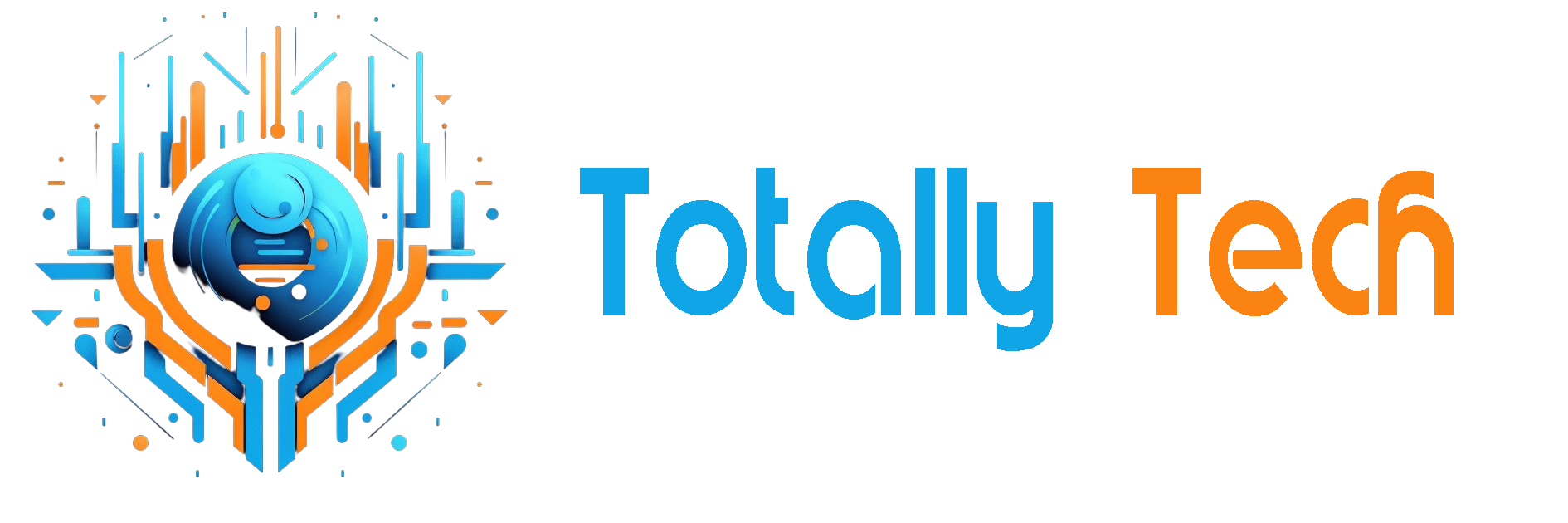
In a strategic push to cement its leadership in enterprise-ready artificial intelligence, Iterate.ai has raised $6.4 million in funding. The round is led by Auxier Asset Management and includes prominent investors Peter Cobb, Mike Edwards, and Dave Zentmyer—all former board members of eBags, the $1.65B online travel retailer co-founded by Iterate CEO Jon Nordmark.
This high-profile reunion isn’t coincidental. The founding team behind Iterate has long demonstrated an uncanny ability to anticipate digital trends before they peak. In 2015, they added “.ai” to their name—seven years before ChatGPT pushed AI into the mainstream. That same foresight now powers Generate Enterprise, Iterate’s privacy-first, locally-deployable AI assistant, and Interplay, its patented low-code AI development platform. Together, they’re reshaping how enterprises adopt and scale intelligent software—securely and without vendor lock-in.
A Pragmatic Vision for the Future of Enterprise AI
“Iterate.ai’s approach to AI innovation is not only forward-thinking but also pragmatic,” said investor Peter Cobb, who previously co-founded eBags and served on the board of Designer Brands (DSW). “The team is focused on solving real-world problems—like how to run powerful AI completely offline on an edge device, or how to bring down deployment costs from millions to mere thousands.”
This philosophy is at the heart of Generate: a local-first AI platform designed to run Retrieval-Augmented Generation (RAG) workflows on devices like AI PCs or point-of-sale terminals. Unlike typical cloud-based solutions, Generate performs all language model inference, document search, and automation locally—enhancing both privacy and performance. Its no-internet-needed architecture makes it ideal for sectors like retail, healthcare, and government where data sensitivity and latency are critical.
The Infrastructure for Agentic AI
Iterate’s flagship platform, Interplay, complements Generate by offering a visual, drag-and-drop development environment for building AI workflows, known as agentic systems. These aren’t static chatbots—they’re autonomous agents that can follow logic trees, perform context-aware tasks, and chain together actions across internal documents, APIs, and enterprise databases.
Agentic AI workflows built in Interplay rely on a range of machine learning models—from lightweight Small Language Models (SLMs) optimized for embedded hardware to advanced Large Language Models (LLMs) capable of nuanced language understanding. Interplay also integrates a vector database layer for semantic search and RAG pipelines, ensuring fast and accurate access to unstructured information like contracts or financial filings.
Behind this innovation is Iterate’s co-founder and CTO Brian Sathianathan, a former Apple engineer and one of the original members of its Secret Products Group—the elite team that developed the first iPhone. His experience in hardware-software optimization is evident in how Interplay adapts to diverse chipsets, from Intel CPUs and AMD GPUs to NVIDIA CUDA cores and Qualcomm’s edge processors.
A Legacy of Building and Scaling
Investor and former Staples executive Mike Edwards—who led eBags as CEO after Nordmark—emphasized the trust and track record shared by the founding team. “This is a deeply experienced group that understands product, enterprise go-to-market, and emerging technology. Iterate’s ability to combine a visionary platform with measurable ROI for customers like Ulta Beauty, FUJIFILM, and Circle K is rare in today’s AI landscape.”
Zentmyer, formerly of Lands’ End, praised the team’s diligence in securing critical hardware and distribution partnerships. “Iterate has spent the last 18 months earning trust with giants like NVIDIA, Qualcomm, and TD SYNNEX. Those relationships are hard to win and impossible to fake—they validate Iterate’s enterprise readiness.”
Built for Scale, Designed for Security
Security and data sovereignty are emerging as make-or-break factors in AI adoption. With its air-gapped deployments, role-based access controls, and on-prem inference engine, Iterate gives enterprises complete control over where and how their data is processed. That’s why many customers are choosing Generate and Interplay to run AI across secure government installations, financial institutions, and privacy-conscious retailers.
And unlike traditional AI stacks that require custom fine-tuning or extensive GPU provisioning, Iterate’s platform relies on modular components and zero-trust architecture to deploy rapidly—with or without cloud access.
The Bottom Line
As the AI industry continues shifting from experimental prototypes to production-grade systems, one of the most important trends is the move toward localized, secure, and cost-effective deployment. With analysts projecting more than 100 million AI PCs to ship by 2025, enterprises are looking for solutions that can operate offline, protect sensitive data, and integrate seamlessly into existing infrastructure.
This evolution favors platforms like Iterate.ai’s Interplay and Generate, which focus on running sophisticated AI workflows on the edge—on CPUs, NPUs, and other on-device hardware—rather than relying entirely on cloud-based models. Technologies such as RAG, agentic AI workflows, and visual no-code development are becoming central to enterprise adoption strategies, not just for performance but for privacy, scalability, and governance.
Iterate.ai’s emphasis on modularity, air-gapped deployments, and compatibility with open models reflects a larger shift in how businesses are rethinking their approach to AI—moving away from monolithic, vendor-tied solutions and toward flexible, enterprise-controlled infrastructure.
This $6.4 million fundraise arrives at a time when enterprises are increasingly under pressure to deploy AI responsibly, quickly, and at scale. Iterate.ai’s strategy highlights one possible direction for the future of enterprise AI: distributed, secure, and deeply embedded in the operational fabric of organizations.
The post Iterate.ai Secures $6.4M to Bring Secure, Scalable AI to the Edge of the Enterprise appeared first on Unite.AI.



